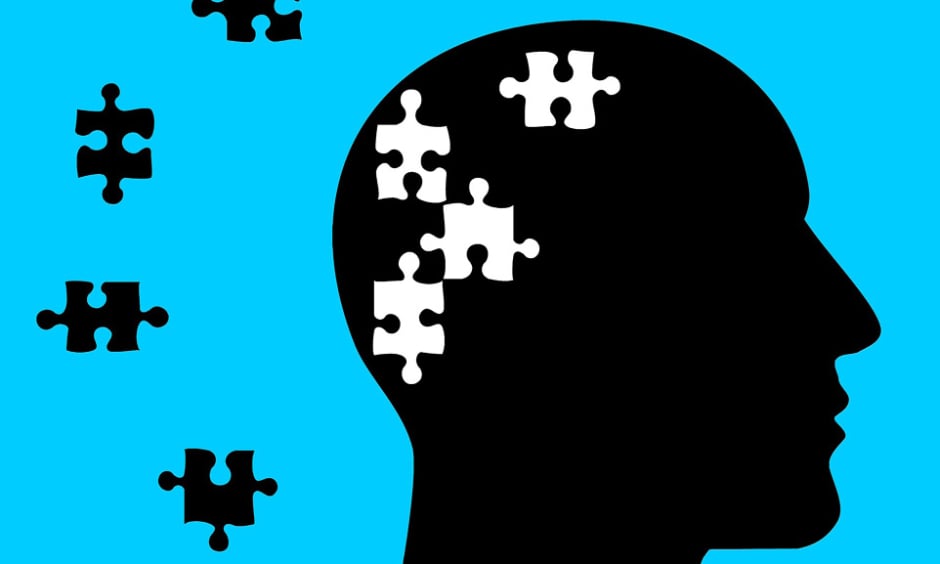DISCOVERY of specific neurons in the brain involved in learning could lead to the development of new treatments that combat memory loss in Alzheimer’s disease patients. A research team from Uppsala University, Uppsala, Sweden, in collaboration with colleagues from Brazil, found that inactivating oriens-lacunosum moleculare (OLM) cells improved the function of new memory formation in mice.
Impaired Memory Formation
Memory loss, especially short-term memory loss, is a major symptom in Alzheimer’s and dementia, leading to problems in the everyday lives of patients; this is caused by damage in the hippocampus region of the brain, which is known to play an active role in new memory formation. In particular, the ability to form new memories, especially those since disease onset, is severely impaired; however, there is currently limited understanding of the neuronal mechanisms that underpin memory and learning.
Effect of OLM Cells
In this new study, the team tested whether OLM cells, also known as ‘gatekeeper’ cells, located in the hippocampus, had any effect on memory formation. In an experiment on laboratory mice, they firstly overactivated their OLM cells; this caused the mice’s memory and learning functions to deteriorate. Conversely, when they inactivated the cells in the mice, the ability to form new memories was enhanced.
“We had expected to be able to impair learning, since it seemed likely that the effect of our experiment at the cellular level would disturb the normal function of the nervous system. However, we were surprised to find that memory and learning also could be improved,” commented Prof Klas Kullander, Uppsala University.
Countering Memory Loss
The findings have identified a possible new avenue for countering loss of memory formation in Alzheimer’s and dementia. In the absence of treatments that can prevent dementia diseases developing, this has the potential to substantially improve the lives of people with the condition.
“The next step is therefore to investigate this more closely in further experiments on animal subjects comparable to humans. We need more knowledge before experiments can be done to stimulate the OLM cell artificially in humans,” added Prof Kullander.
The research has also outlined how memory formation can be influenced by a single component in the memory circuits, which could have implications for future research in this area.
James Coker, Reporter
For the source and further information about the study, click here.








